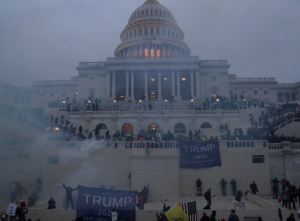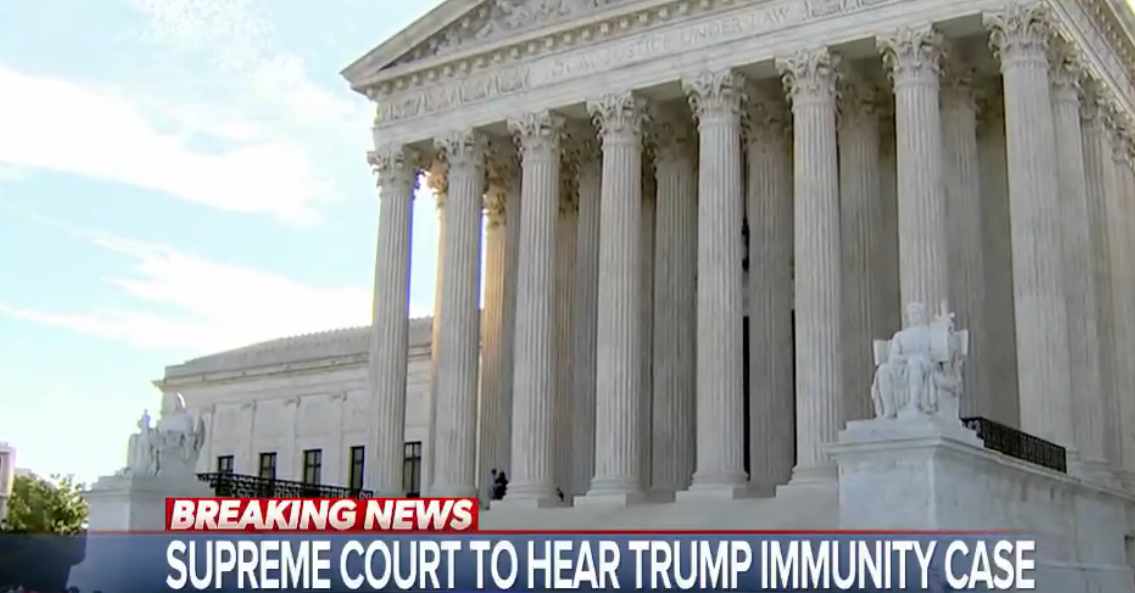\SCOTUSblog
Photos: Facebook\YouTube Screenshots\Wikimedia Commons
The Supreme Court on Wednesday agreed to decide whether former President Donald Trump can be tried on criminal charges that he conspired to overturn the results of the 2020 election. In a one-page unsigned order, the justices ordered a federal appeals court to continue to keep on hold its ruling rejecting Trump’s claims of immunity from prosecution, and they fast-tracked the case for oral argument in late April.


Trump was indicted in Aug. 2023 on four counts arising from Special Counsel Jack Smith’s investigation into the Jan. 6, 2021, attacks on the U.S. Capitol.
U.S. District Judge Tanya Chutkan originally set a trial date of Mar. 4, 2024, for Trump’s case. But in early February, she threw that date out and indicated that she would set a new one “if and when” Trump’s immunity claims are resolved.
Chutkan had denied Trump’s motion to dismiss the charges against him on the ground that he is immune from prosecution. Smith came to the Supreme Court in December, asking the justices to review that decision without waiting for the U.S. Court of Appeals for the District of Columbia Circuit to weigh in on Trump’s appeal, but they declined to do so.
On Feb. 6, the D.C. Circuit unanimously upheld Chutkan’s decision and rejected Trump’s claims that he cannot be prosecuted for his official acts as president and that a former president cannot be prosecuted unless he has first been impeached by the House and convicted by the Senate.
The court of appeals set the stage for Trump’s case to move quickly, telling him that the ruling would go into effect (and the criminal case could move forward) on Feb. 12 unless he asked the Supreme Court to intervene by then.
Trump came to the Supreme Court on Feb. 12, seeking to have the D.C. Circuit’s ruling put on hold to give him time to file a petition for review of that decision and, if possible, reconsideration by the full D.C. Circuit. He stressed the importance of “thoughtful consideration,” particularly when – he warned – allowing the D.C. Circuit’s decision to stand could lead to “destructive cycles of recrimination,” in which future presidents face criminal prosecutions for their actions, thereby clouding their ability to do their job effectively.
The Supreme Court instructed Smith to file his response on Feb. 20, signaling that the justices did not necessarily regard the case as a true emergency. However, on Feb. 14, six days ahead of schedule, Smith urged the justices to allow Trump’s trial to proceed without further delay. The crimes with which Trump has been charged “strike at the heart of our democracy,” Smith wrote, and there is a “national interest in seeing” them resolved promptly.









